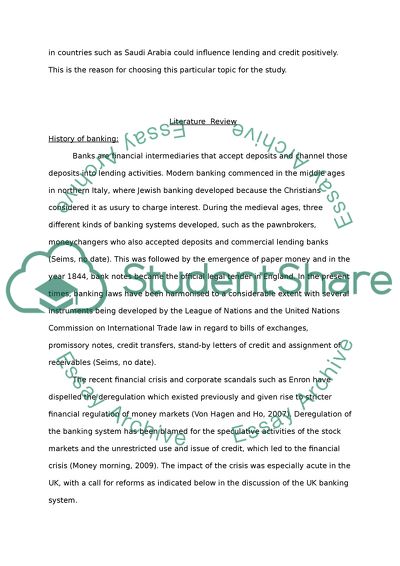Cite this document
(Morality and Ideology in Lending and Credit Research Proposal, n.d.)
Morality and Ideology in Lending and Credit Research Proposal. https://studentshare.org/finance-accounting/1568903-utility-morality-and-ideology-in-lending-and-credit-a-comparative-study-of-financial-law-in-uk-and-saudi-arabia
Morality and Ideology in Lending and Credit Research Proposal. https://studentshare.org/finance-accounting/1568903-utility-morality-and-ideology-in-lending-and-credit-a-comparative-study-of-financial-law-in-uk-and-saudi-arabia
(Morality and Ideology in Lending and Credit Research Proposal)
Morality and Ideology in Lending and Credit Research Proposal. https://studentshare.org/finance-accounting/1568903-utility-morality-and-ideology-in-lending-and-credit-a-comparative-study-of-financial-law-in-uk-and-saudi-arabia.
Morality and Ideology in Lending and Credit Research Proposal. https://studentshare.org/finance-accounting/1568903-utility-morality-and-ideology-in-lending-and-credit-a-comparative-study-of-financial-law-in-uk-and-saudi-arabia.
“Morality and Ideology in Lending and Credit Research Proposal”. https://studentshare.org/finance-accounting/1568903-utility-morality-and-ideology-in-lending-and-credit-a-comparative-study-of-financial-law-in-uk-and-saudi-arabia.


